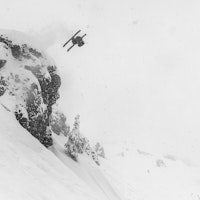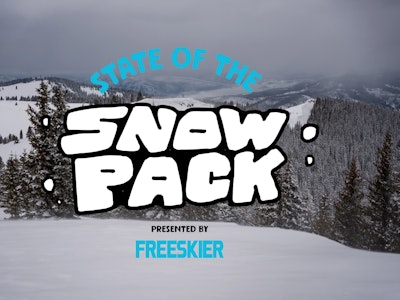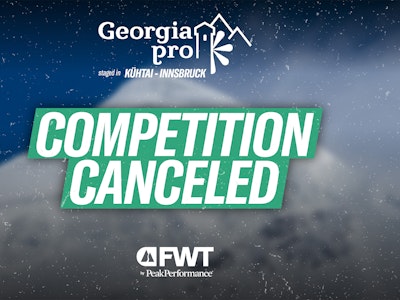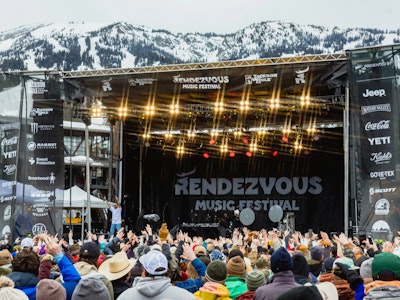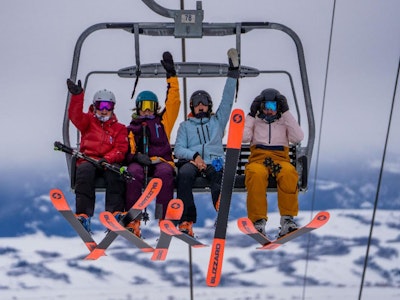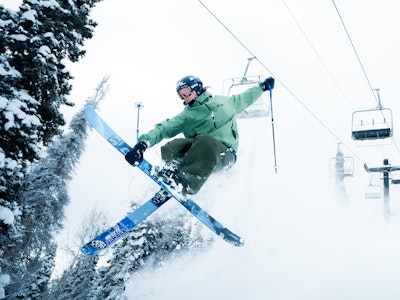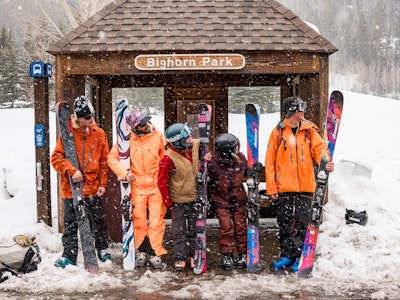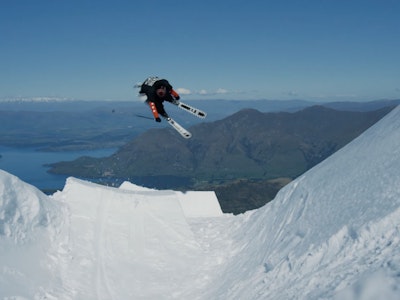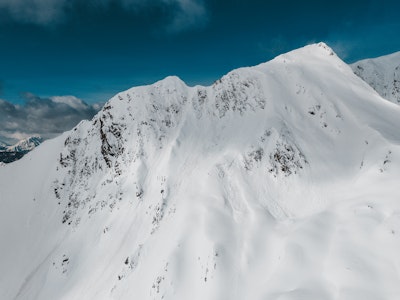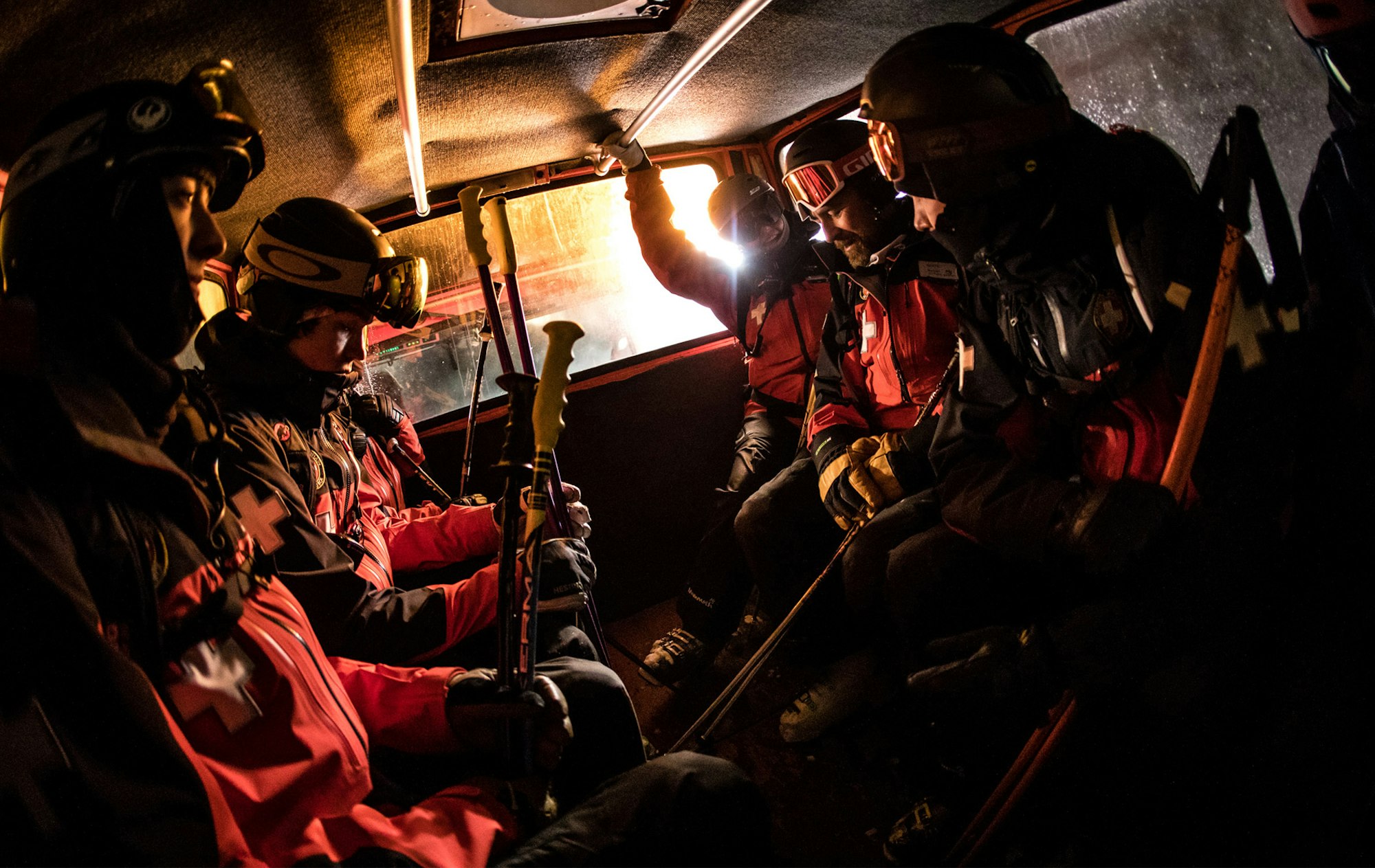Featured Image – Christian Pondella
BREAKING: Out of northern Montana, the Whitefish Mountain Resort Professional Ski Patrol (WMRPSP) has announced that they plan to unionize with the United Professional Ski Patrols of America, a branch of the Communication Workers of America.
Whitefish Mountain Resort sits just between the town of Kalispell and the mighty Glacier National Park. Whitefish, the home mountain of none other than Tanner Hall, is a natural playground that has the reputation of breeding creative and hard-charging skiers. Their signature ghost trees stand tall, caped in the moisture-laden snow that rolls in off of the Whitefish and Flathead Lakes. The mountain usually sees massive storm cycles each year, with January and February being prime months. Here, it’s the tight trees, rolling hills and big cliffs that draw the attention of hungry riders. This terrain is incredibly fun to explore but can be treacherous no matter the conditions. That’s where the WMRPSP comes into play.
It goes without saying that ski patrollers work incredibly hard to keep this precarious mountain up and running throughout the winter. “From the outside looking in, many may not know the incredible amount of mountain knowledge, avalanche education, medical training, technical skills and outside experience each patroller brings to the table to make the mountain run each day,” says the WMRPSP in a press release. Bringing this bag of skills means you need to be able to recruit and train the best out there, and that was one of the reasons the patrol cited as to why they are unionizing. “We have recently struggled to retain the patrollers who have this experience and institutional knowledge. We are so grateful to our managers for advocating for us; however, they can only do so much under current circumstances. The workers need a seat at the table,” explains the WMRPSP.
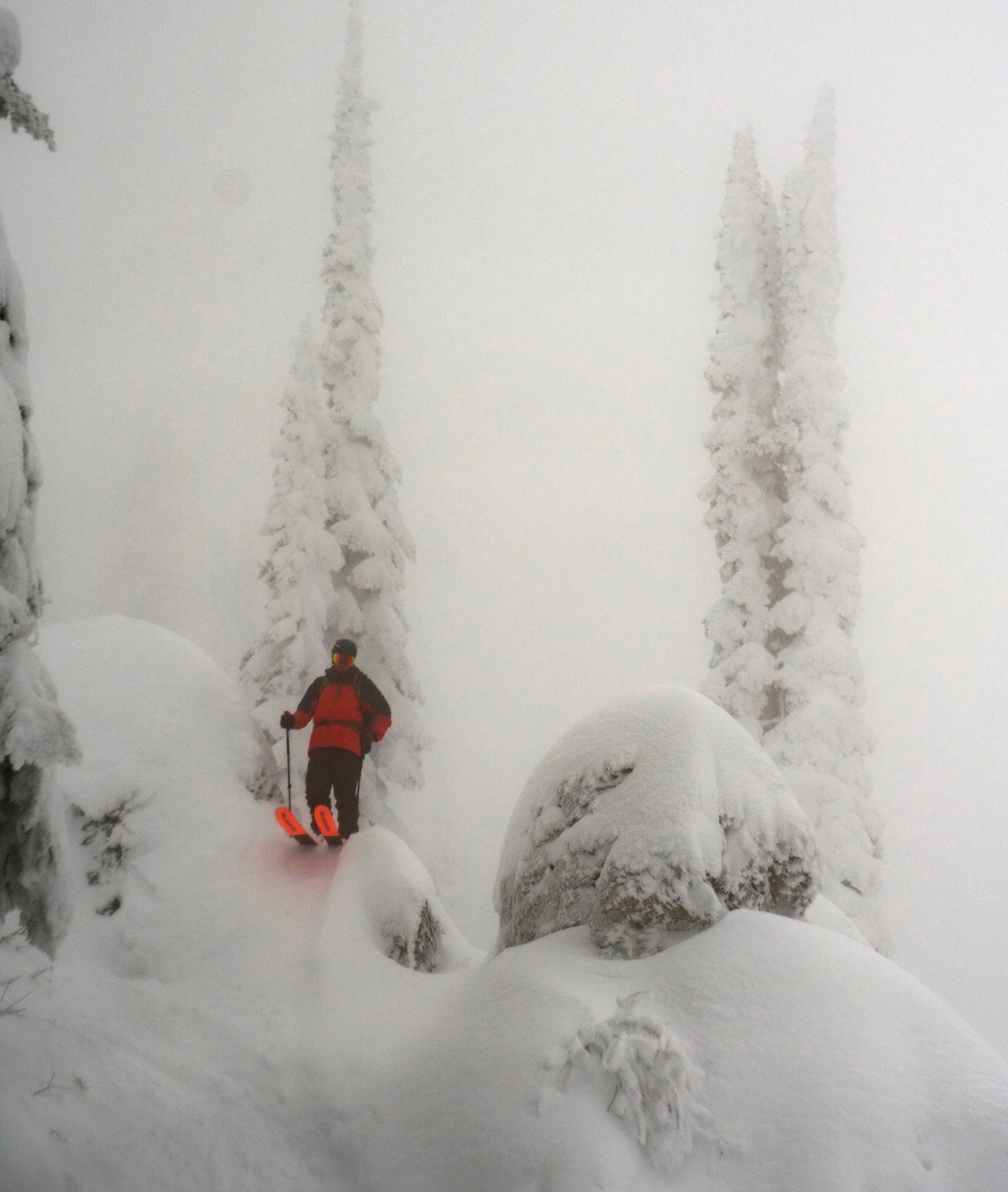
SKIER: Kyle Taylor | PHOTO: Gabe Rovick
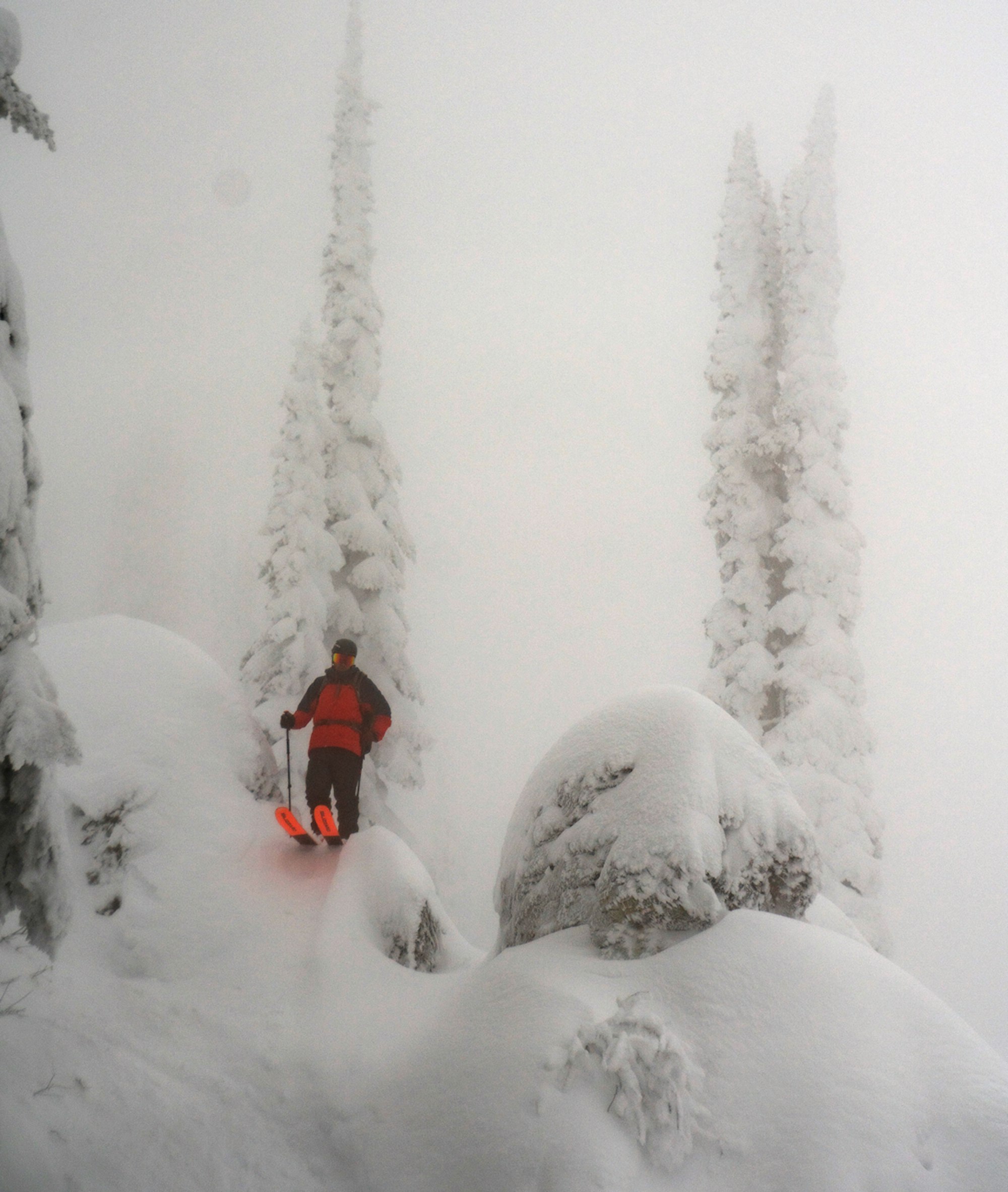
The Whitefish “ghost” trees make for some of the best glade skiing around.
SKIER: Kyle Taylor | PHOTO: Gabe Rovick
So what is the goal? Why not leave things the way they are? It’s a fair question and one with different answers depending on who you ask. Ski patrollers have similar gripes and requests as any other profession. They need to be paid wages that suit their work and, importantly, wages that allow them to be able to live in the mountain towns they work in. This has become more and more of a challenge as these towns have seen rapid and aggressive spikes in the costs of housing and living.
While it’s an all-hands-of-deck endeavor to run a ski resort, some jobs certainly carry more weight than others. Ski patrol is one of those jobs. It takes years to acquire the necessary knowledge and certifications needed to be a patroller. An EMT certification alone, which is required along with an Outdoor Emergency Care certification, is 120-150 hours of classroom time and field exercises. This is a major difference between ski patrol and mountain ops. Usually, jobs that require a lot more knowledge and technicality pay substantially more. However, this is not usually the case with patrol. Add into that equation the fact that patrol risks their lives on the daily. It’s an inherent risk of the job, something that they are well aware of coming into it. That being said, it’s still something to be accounted for when compensation comes due.
For these reasons and plenty more, the WMRPSP decided they needed more representation to meet the goals they see as necessary to ‘better serve the community and to create a better patrol.’ They’re certainly not alone. They are seeking to become the second unionized patrol in Montana (with Big Sky being the first) and are joining nine other resorts across the American West, including Park City Mountain Resort, Steamboat, Telluride, Stevens Pass and Breckenridge. These unions speak to the trouble that patrollers and others face when looking to combat rising living costs and stagnant wages in mountain communities.
In the press release, the WMRPSP outlined their goals which they seek to accomplish in order to keep Whitefish thriving. Those goals are listed in their exact wording below:
Fairly compensate all employees of WMRPSP. This will reflect our community’s changing economic challenges and directly incentivize patrollers who take on the added responsibilities of various critical and technical skills.
Adequately equip our patrollers with the gear needed to fulfill their duties, including but not limited to creating a yearly gear allowance to provide equipment that we must rely on for our own and guests’ safety.
Provide paid opportunities for education, which will add value to WMRPSP and our community.
Provide benefits to allow patrollers to maintain good physical and mental health throughout the season through paid time off, sick leave, and healthcare stipends.
Maintain a professional and supportive culture at WMR, where all employees are treated with dignity and respect, free from harassment, fear and job insecurity.
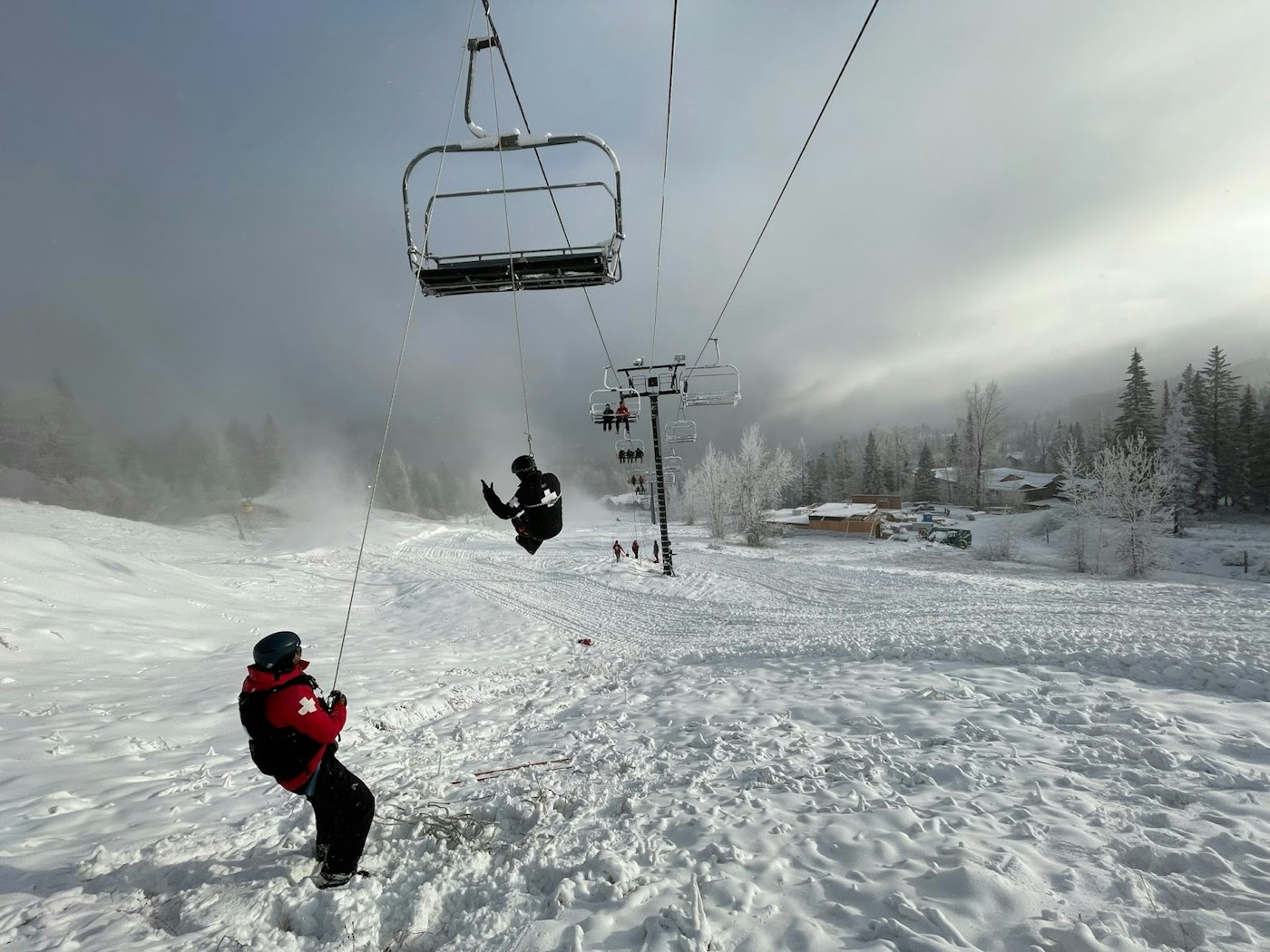
PHOTO: Courtesy of WMRPSP
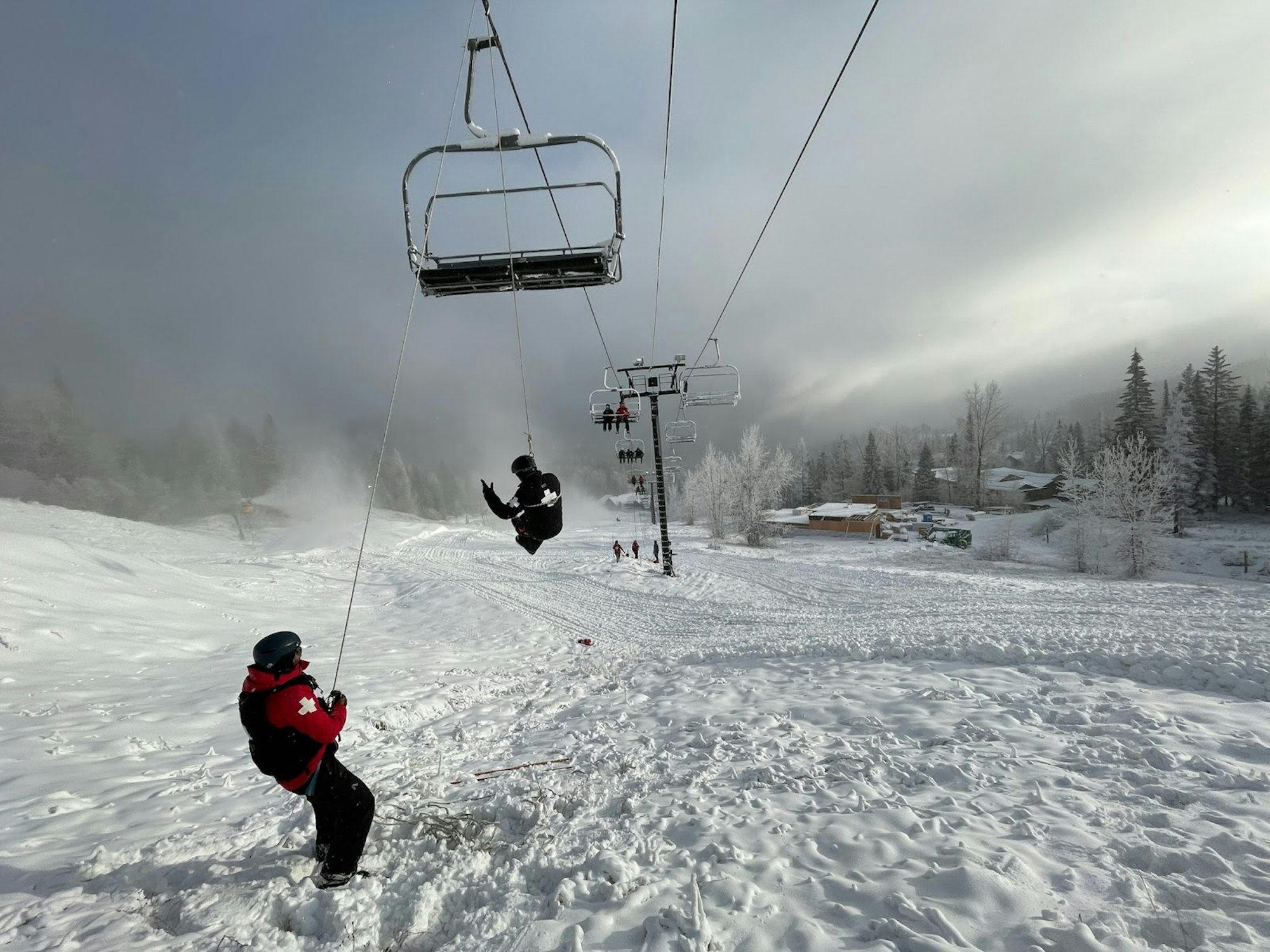
WMRPSP practicing chairlift evacuations.
PHOTO: Courtesy of WMRPSP
The resort has not reached a deal with the WMRPSP, but we can only hope that the two parties come to an agreement in the near future. Whitefish has long been regarded as a local mountain, with a devoted following and passionate community who look to support the hill and those who make it run. Skiing is truly about passion, so at the end of the day, it takes more than money to make ski mountain and town successful. We’ve seen that just throwing money at a problem does not make it go away. Hopefully, there will be an open dialogue between resorts and patrollers across the West, as we’re going to need all parties happy to try and make skiing sustainable, both economically and physically, for years to come.
To read the full press release, click here.

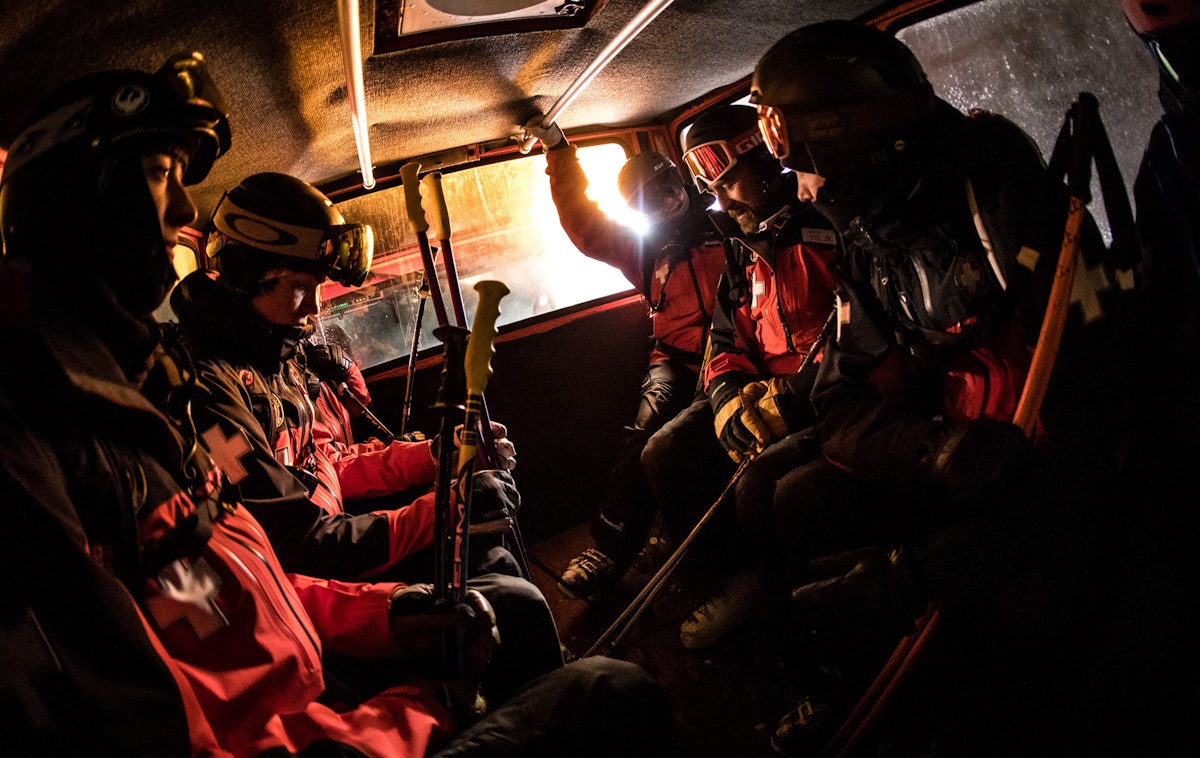
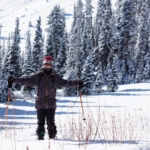
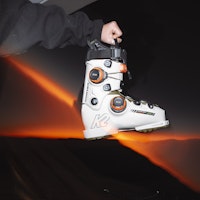

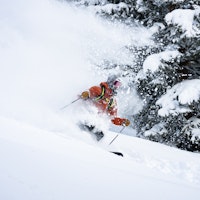
![[FIRST LOOK] New 2027 Skis and Outerwear From Rossignol](https://www.datocms-assets.com/163516/1771280782-2026_fs-firstlook-deck.png?w=200&h=200&fit=crop)
